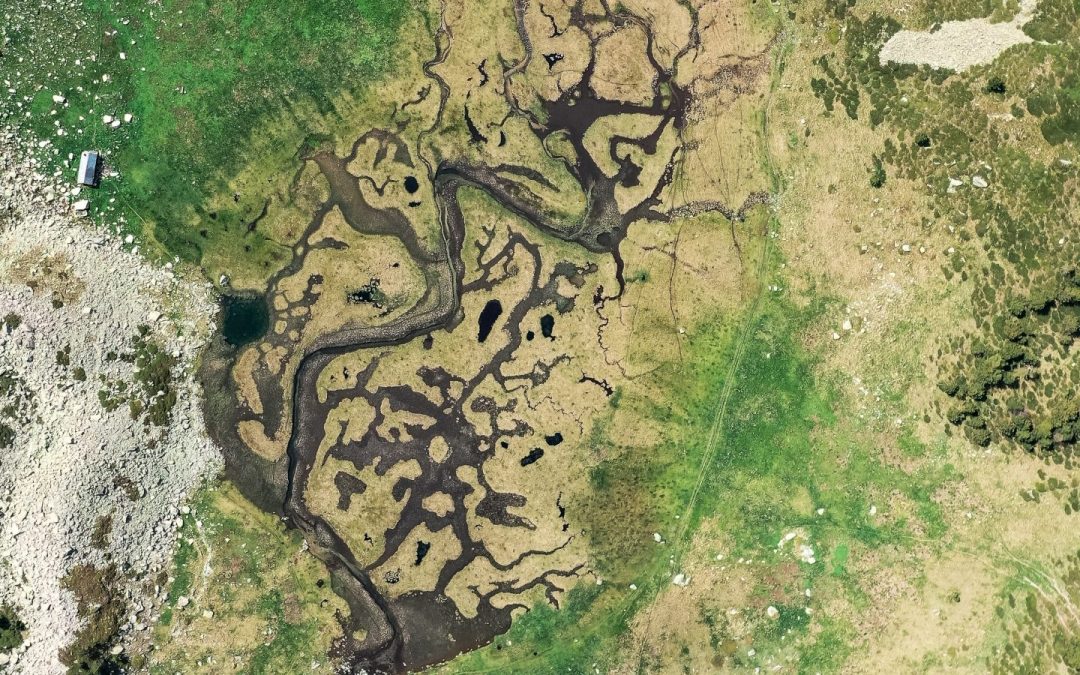
by Lillian Watson | Jul 22, 2022 | Events, Webinars
The Open Geospatial Consortium’s family of API standards are helping make geospatial data on the web more accessible and interoperable. This presentation will introduce pygeoapi – a Python server implementation of OGC’s standards. Kyle Onda, from the Lincoln Institute of Land Policy’s Center for Geospatial Solutions, will walk you through how to set up an API endpoint and discuss several ideas for how to use this flexible, open-source API framework for water data applications.
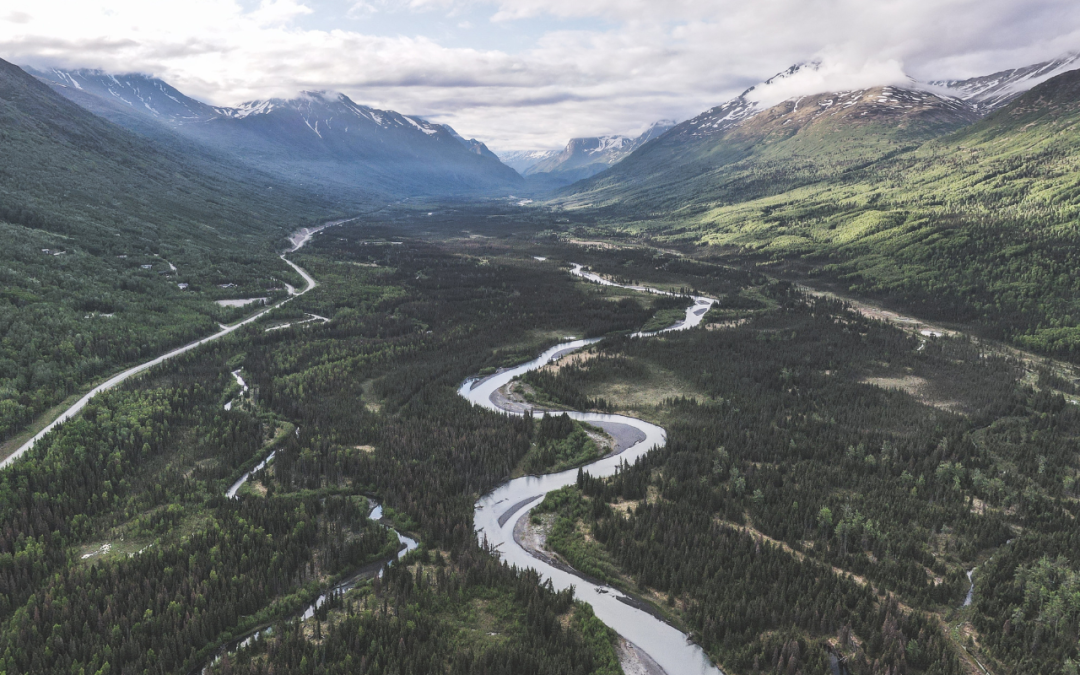
by Lillian Watson | Jul 21, 2022 | Blog
It’s important to be able to share data in ways that are easy for scientists and water professionals to analyze and for developers to use to make tools and communication materials. In this blog, Kyle Onda describes practices that the Internet of Water Initiative at the Lincoln Institute’s Center for Geospatial Solutions recommends for sharing geospatial vector data.

by Joshua Wilson | Jun 24, 2022 | Events, Webinars
This two-part workshop series will feature a project-based overview of concepts and open-source tools for performing geospatial analyses with hydrologic data using web services in R and Python. Join us for practical demonstrations and guidance for all experience levels.
Part one will focus on R and take place on July 19. Part two will focus on Python and will take place on July 26.

by Joshua Wilson | Jun 24, 2022 | Events, Webinars
This two-part workshop series will feature a project-based overview of concepts and open-source tools for performing geospatial analyses with hydrologic data using web services in R and Python. Join us for practical demonstrations and guidance for all experience levels.
Part one will focus on R and take place on July 19. Part two will focus on Python and will take place on July 26.
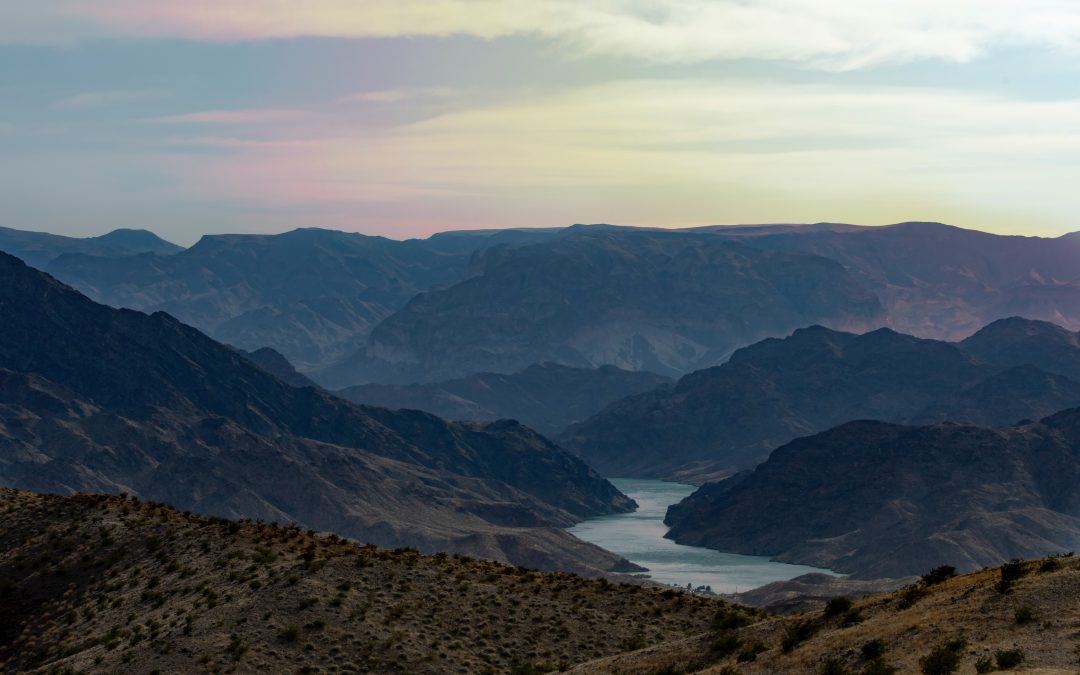
by Lillian Watson | Jun 16, 2022 | Blog
The Colorado River Basin is in a historic drought. Many basin states are facing increasing variability in precipitation and water needs and infrastructure are more complex than ever. Given these challenges, water budgeting is also more complex. To promote transparency and collaboration, the Nicholas Institute Water Policy Program developed the Water Budget Navigator.
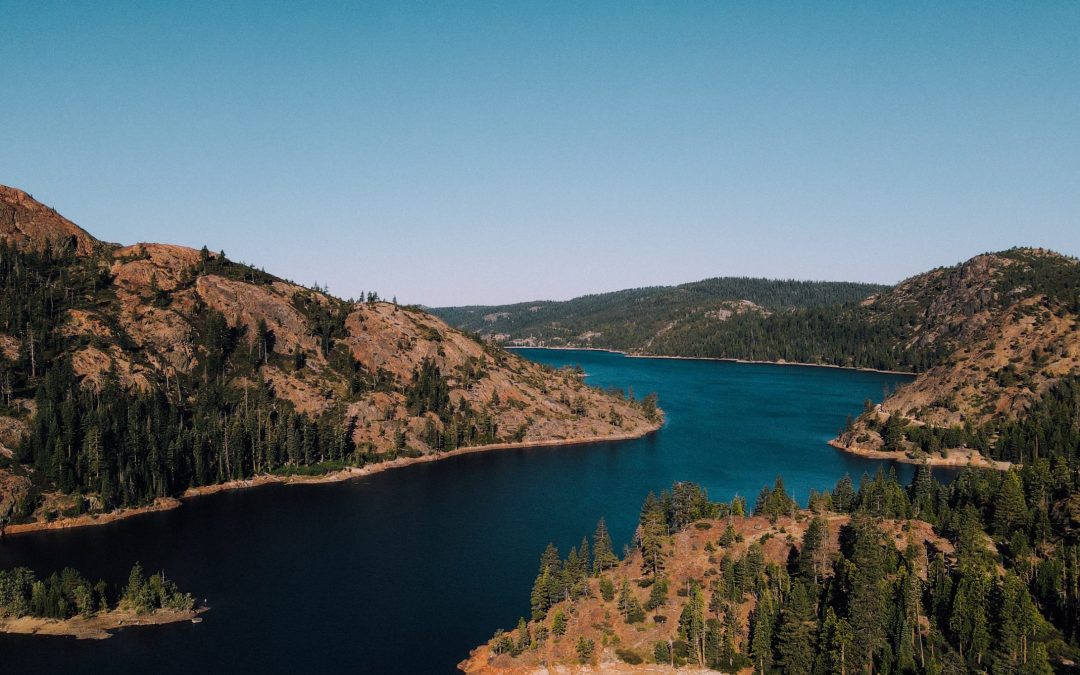
by Joshua Wilson | Apr 22, 2022 | Events, Webinars
The expansion of permanent cropland and continuing growth of urban communities are increasing demands on California’s limited water resources. These conditions are driving innovation to improve water risk management due to volatile hydrology. Urban agencies and Central Valley farmers regularly transact in a water market that is under new competitive pressure as participants manage this new normal. To provide greater market transparency, WestWater Research and Nasdaq have developed the NQH2O index which provides a weekly snapshot of California water prices. Market participants rely on the index as an informational tool to understand current prices in California’s spot water market. In addition, farmers are beginning to acquire futures contracts settling against the index to offset the financial risks of water market price volatility. In this presentation, WestWater staff will introduce California’s water market, the NQH2O index, and the new risk management tool of water futures contracts.

by Lillian Watson | Apr 21, 2022 | Blog
Water data are collected by a variety of public agencies, each with its own data standards, formats, and sharing protocols. This fragmentation makes it difficult for data users to access the data they need. In 2021, The Nicholas Institute Water Policy Program completed a Technology Adoption Research Project to learn more about data management at public agencies.
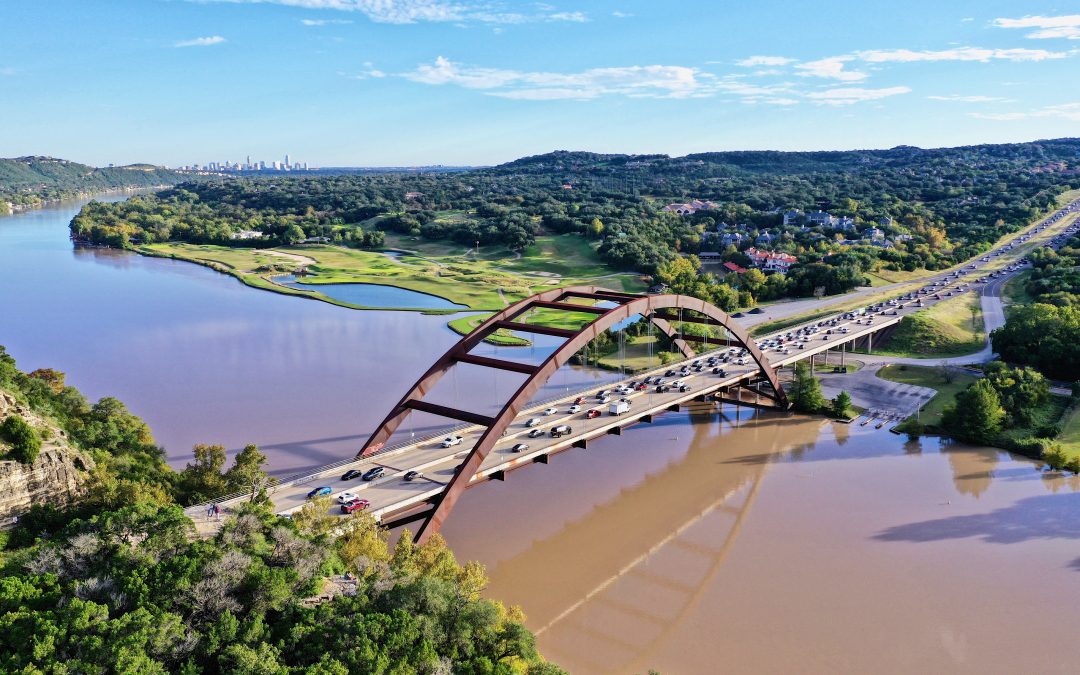
by Lillian Watson | Apr 14, 2022 | Events
This event is part of the American Water Resources Association’s 2022 Geospatial Water Technology Conference and is sponsored by CUAHSI.
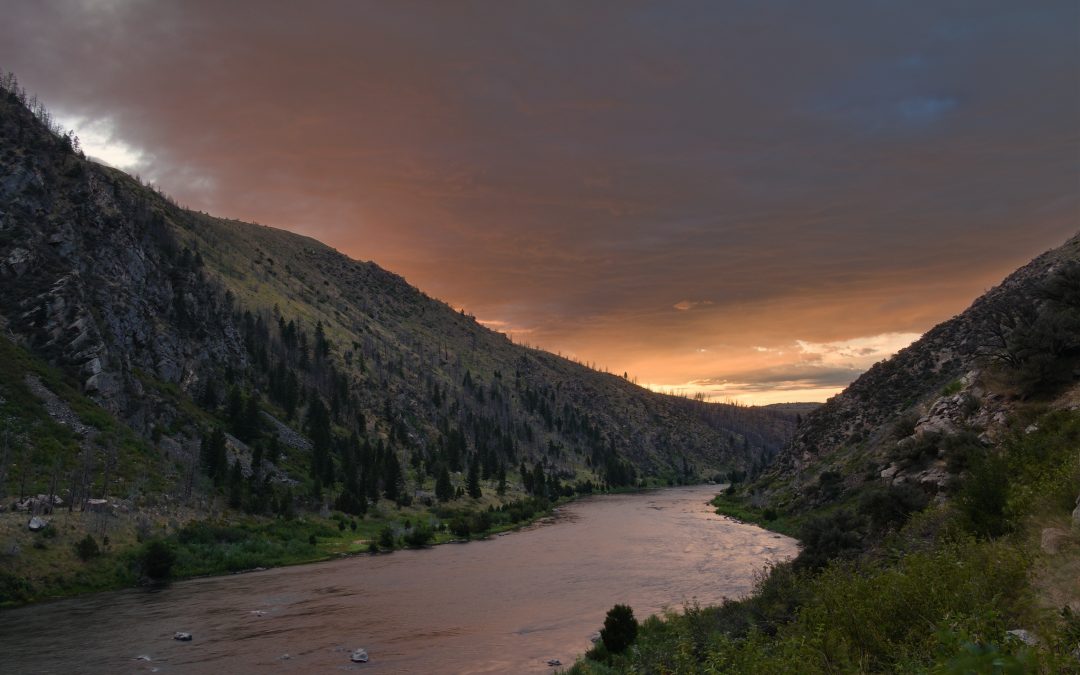
by Lillian Watson | Apr 14, 2022 | Events
Join CUAHSI’s workshop on the emerging discipline of hydrogeodesy: the measurement of the distribution and movement of water on and near Earth’s surface using observations of Earth’s shape, orientation, and gravitational field.

by Lillian Watson | Mar 31, 2022 | Events, Webinars
Since 2001, across a 35,000 km2 area, the Oak Ridges Moraine Groundwater Program (ORMGP) has carved out a path to collect, manage, and, via a multi-faceted website, share a wealth of water-related data and interpretations, all aimed at improving land use and water-related decision making in Ontario, Canada. In this webinar, Steve Holysh, Program Co-Manager and Senior Hydrogeologist at ORMGP, will provide an overview of the website, outlining a potential data and resource management path for others to follow and build upon.

by Lillian Watson | Mar 31, 2022 | Blog
Through our start-up period, we learned that the strength of the IoW is its capacity to unite independent organizations around the common goal of modernizing water data infrastructure. Now, as we enter our growth phase, we are scaling up from a project of the Nicholas Institute to a coalition of organizations working with government partners to enact the IoW vision.

by Lillian Watson | Mar 17, 2022 | Blog
The work to modernize water data infrastructure often goes on under the radar as part of the tireless regular operations of public agencies. But over the past few years, often in response to drought, several western state legislatures have devoted attention and funding to the issue. Recently, Oregon became the latest state to write new policy around water data.

by Lillian Watson | Mar 16, 2022 | Events
The upcoming 2022 National Water Use Data Workshop is a collaboration between the Western States Water Council Water Information Management Systems (WIMS) Group, USGS National Water Use Team, Interstate Council on Water Policy, and the Internet of Water.

by Lillian Watson | Mar 4, 2022 | Events, Webinars
States struggle to complete Clean Water Act Assessments due to the complexity of gathering and analyzing massive datasets. Arizona used free open-source software to reduce the time it takes to generate an assessment from 9 months to 15 minutes. In this webinar, Jason Jones, Senior Scientist at the Arizona Department of Environmental Quality, will demonstrate how Arizona’s publicly accessible interactive Water Quality Assessment Dashboard provides full transparency behind each decision and informs users of what additional data is needed to fill data gaps.

by Lillian Watson | Feb 24, 2022 | Events, Webinars
Over the past year, Haw River Assembly has partnered with The Commons to integrate its water quality monitoring programs within Water Reporter – a digital platform for community science. Hear from Emily Sutton, the Haw Riverkeeper, on the environmental issues facing the river and how Water Reporter helps users to better understand those issues and identify solutions.
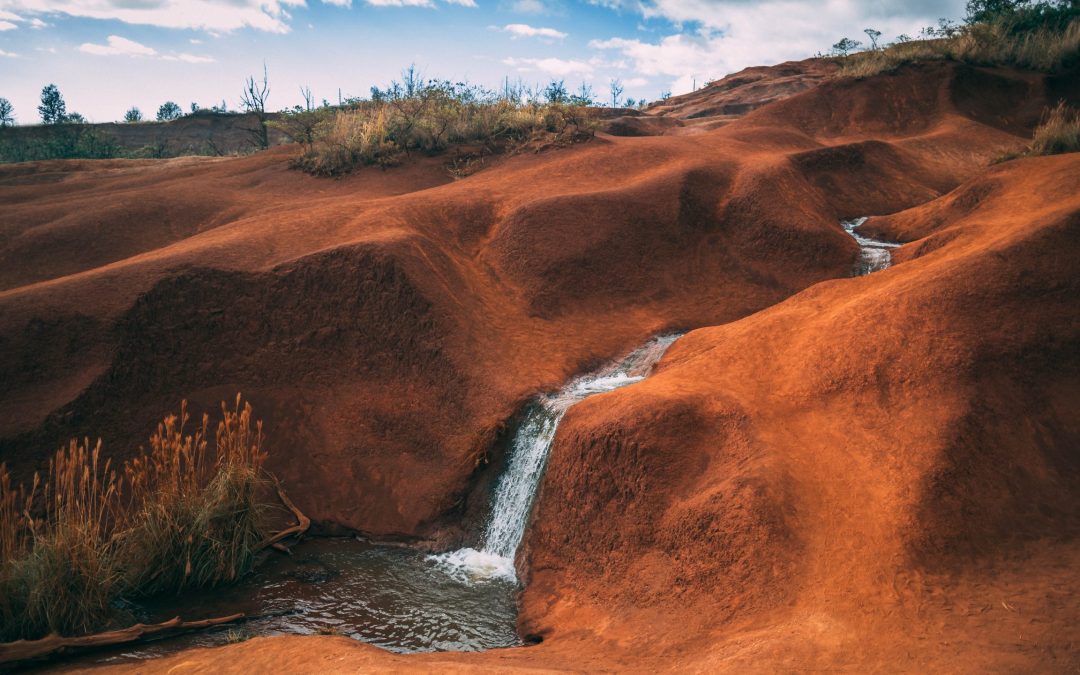
by Lillian Watson | Feb 17, 2022 | Blog
The Western US is experiencing unprecedented droughts while its population continues to grow. This puts pressure on water management systems and increases the need for regional data analyses. In 2011, the Western States Water Council launched the Water Data Exchange (WaDE) to help member states share data to enable multi-state analyses and inform regional planning.















